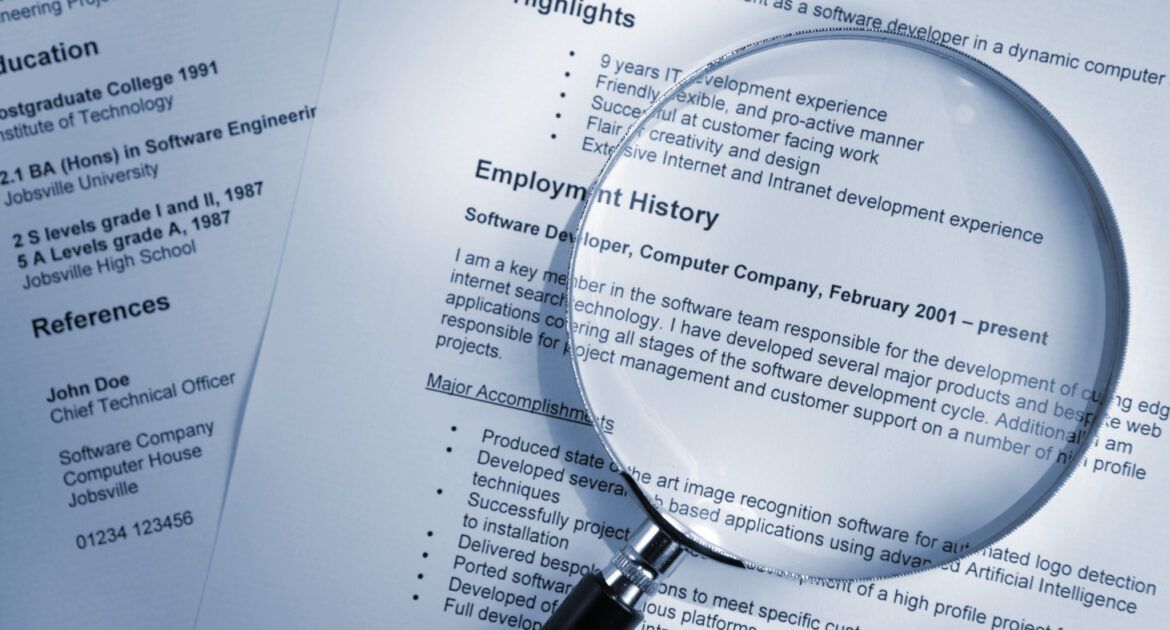What is a personal statement?
A personal statement is a few sentences that appear at the top of your CV. It is sometimes referred to as a ‘career summary’ or a ‘personal mission statement’.
What is it for?
It explains where your career experience has taken you to this point and what your ambition is for your next job. The purpose is to show why you would be ideal for the job, so it is important that you tailor your personal statement to the job you are applying for. Do not use a generic personal statement for every job application.
Do I always need one?
Personal statements are mostly used for jobs in the private sector. Academic CVs rarely include a personal statement.
What do I include on a personal statement?
Start off with a sentence about yourself: include something on your education and your career goals.
A motivated, adaptable and responsible graduate seeking an entry-level position in public relations which will utilise the organisational and communication skills developed through my involvement with promotional work during vacations.
Explain some of the important skills you have picked up in your career up to this point. Try to give examples of where you picked up these skills. In the example below, the author mentions that he/she developed ‘during my degree’.
Make sure that the skills that you mention are the ones that the employer is looking for. You will find out about what they are looking for by studying the job advert and the person specification.
During my degree, I successfully combined my studies with work and other commitments showing myself to be self-motivated, organised and capable of working under pressure. I have a clear, logical mind with a practical approach to problem-solving and a drive to see things through to completion. I enjoy working on my own initiative or in a team. In short, I am reliable, trustworthy, hardworking and eager to learn and have a genuine interest in PR.
Tips for achieving success with your personal statement
– Keep it short: write less than 200 words.
– Have a consistent ‘voice’. Decide whether to write about yourself in the first or third person and stick to it.
– There are companies who offer to write a personal statement for you (usually at a high cost!) It will sound more personal and will be more relevant if you write it yourself and tailor it to every job.
– Avoid overused clichés such as ‘good team player’. Try to find another way to say the same thing.
A bad personal statement:
Avoid vague statements such as these: “An employer would find me reliable and responsible as well as being extremely flexible and co-operative. I am eager and willing to expand my skills and try out new challenges that may come my way. I am a bubbly and bright person who works well in a team and solely. I also believe I have enough experience and life skills to excel at any challenge thrown my way” taken from http://cv4.biz/cv-personal-statement/
Make sure you illustrate where you acquired those skills and how they relate to the market and industry you’re applying to work in.
How to create a CV: Part Two: Education and Work Experience
How to create a CV: Part Three: Responsibilities and Achievements
How to Create a CV part 4: Additional Information and References





Leave a Reply